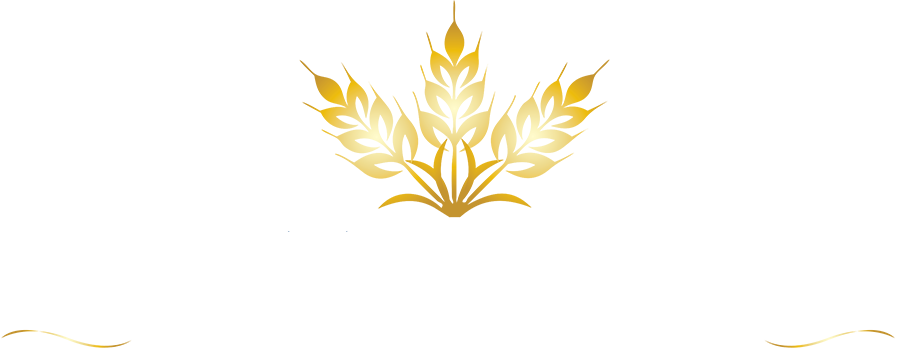

Our Science curriculum allows for all pupils (SEND, disadvantaged and the more able) to achieve highly, whilst reflecting all aspects of our ethos; fun, creativity and achievement. The curriculum develops children’s scientific knowledge, reasoning and understanding of the universe. By following a well-structured, sequential curriculum, all pupils participate in fun, innovative, engaging and accessible scientific experiences, which create inquisitive, enthused and knowledgeable pupils. Our Science Curriculum delivery is useful and innovative, whilst its content is taught in a logical progression, systematically and explicitly enough for all pupils to acquire the specified knowledge and skills. Therefore, teachers build, yearly, on key concepts and enable all pupils to achieve highly and reach their defined end points.
The curriculum follows a specified structure, using a prescribed sequence based on the National curriculum Science programme of study. The curriculum is planned and implemented through the use of sequential objectives, to ensure a logical, progression in attainment. By following a rigorous, specified structure, this allows pupils to consolidate their understanding of key concepts, yet avoid repetition, and build on their prior knowledge and application of skills. Pupils are given the capacity to understand key concepts as information is presented clearly, articulate discussion is promoted and outcomes are specified. Through each unit, children acquire scientific knowledge. Next, they develop their scientific enquiry skills and finally apply these skills via scientific investigations.
At the start of each Science unit, scientific vocabulary is discussed and recorded. Through the progression of each unit, pupils develop their knowledge of scientific vocabulary and demonstrate this through report writing and class discussions. At the beginning of a unit, and start of sessions, pupils have a chance to review prior learning and discuss any questions they have. This is followed by a series of differentiated knowledge based sessions, where children acquire key significant knowledge.
Pupils then apply this knowledge through Science investigation. Once an investigation has been conducted, the pupils record their process and results; this allows teachers to assess the pupils understanding and rectify any misconceptions or encourage and promote a deeper understanding. By following our sequential approach to Science lessons, children have fun, through kinaesthetic sessions and investigations.
The children experience excitement, fun and creative opportunities through the many visitors and different investigations they participate in during Science lessons, celebration days and Science week. Children are engaged during Science lessons and are encouraged to be curious, inquisitive and explorative. Through discussion and debate the children work collaboratively to consolidate their understanding and apply their skills during investigations. Ongoing assessment is an important feature of our practice, and is also conducted at the end of each unit, so the impact of learning can be monitored, to ensure all pupil groups are progressing effectively against their current expectations and outcomes for each year group.